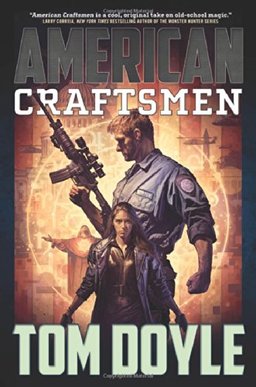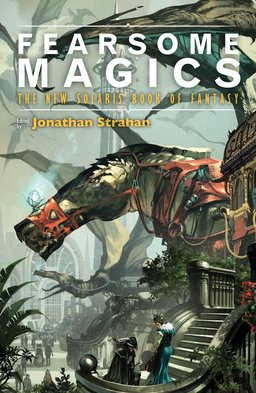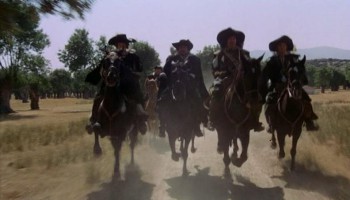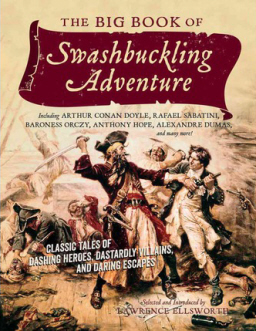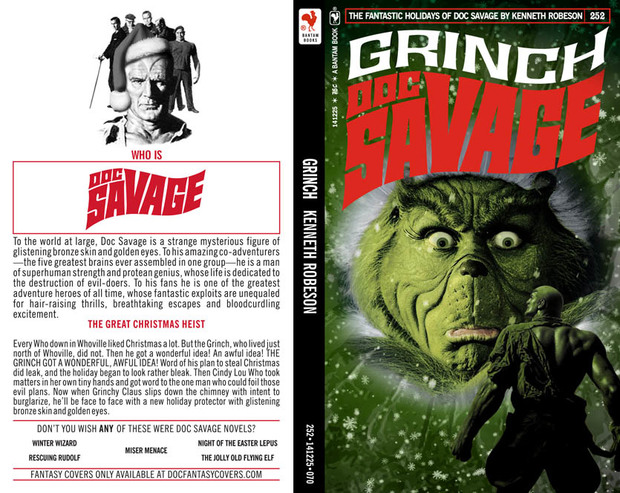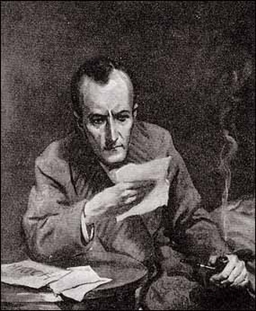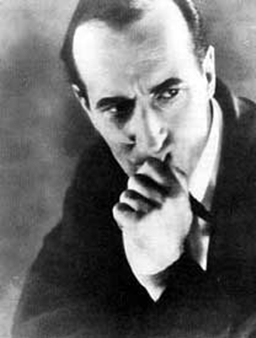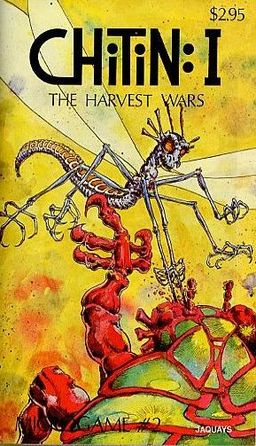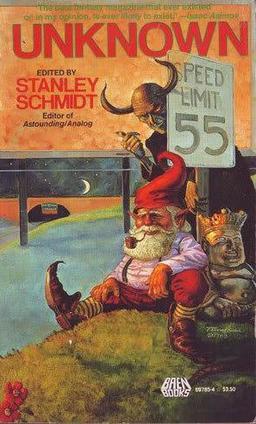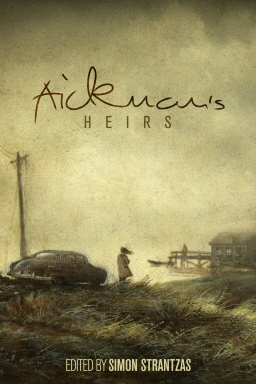A World without Tolkien
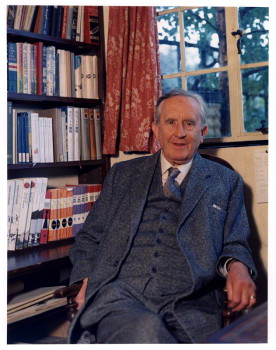 I like to commemorate the birthdays of authors whose works I’ve enjoyed or that have exercised an influence over me in some way. Unfortunately, I only write one day a week here at Black Gate. Consequently, the odds that an anniversary of one of the handful of writers I hold in high esteem should fall on a Tuesday aren’t high enough that I can consistently write commemoration posts on the day in question. Sometimes, like last week’s post about Fritz Leiber (which proved surprisingly popular, if the comments it generated are any indication – thank you), the calendar cooperates somewhat and my post can appear a day before or a day after the intended date. It’s a bit of a cheat, but not one so egregious that my over-developed sense of propriety feels it’s “wrong.”
I like to commemorate the birthdays of authors whose works I’ve enjoyed or that have exercised an influence over me in some way. Unfortunately, I only write one day a week here at Black Gate. Consequently, the odds that an anniversary of one of the handful of writers I hold in high esteem should fall on a Tuesday aren’t high enough that I can consistently write commemoration posts on the day in question. Sometimes, like last week’s post about Fritz Leiber (which proved surprisingly popular, if the comments it generated are any indication – thank you), the calendar cooperates somewhat and my post can appear a day before or a day after the intended date. It’s a bit of a cheat, but not one so egregious that my over-developed sense of propriety feels it’s “wrong.”
January is the birth month of multiple writers I esteem highly. As fate would have it, the birthdays of two of them happen to fall on Tuesdays in 2015, which makes my job a lot easier next month. In a couple of other cases, though, the birthdays fall on days of the week far enough away from my regular slot that I really do feel as if I’d be acting out of turn by devoting a post to them. Yet, in both of these cases, the author is such a colossal figure in the field of fantasy – never mind in my own personal pantheon of fantasists – that it would seem wrong to let his birthday pass without comment.
This long-winded preface is my way of saying that, while J.R.R. Tolkien’s 123rd birthday isn’t until this coming Saturday (January 3), this post is nevertheless about him and the incredibly long shadow he has cast over the field of fantasy fiction. Indeed, it is not an exaggeration to say that, for good or for ill, the contemporary popular understanding of what fantasy is derives almost entirely from his novels The Hobbit and The Lord of the Rings. I can scarcely think of another author whose idiosyncratic vision has so transformed the commonplace conception of the genre in which he wrote that it is now seen as not merely normative but exhaustive.
Which is why I’m now going to spend a few hundred words considering just a few of the things fantasy (and fantasy gaming) owe largely, if not necessarily exclusively, to Tolkien.
